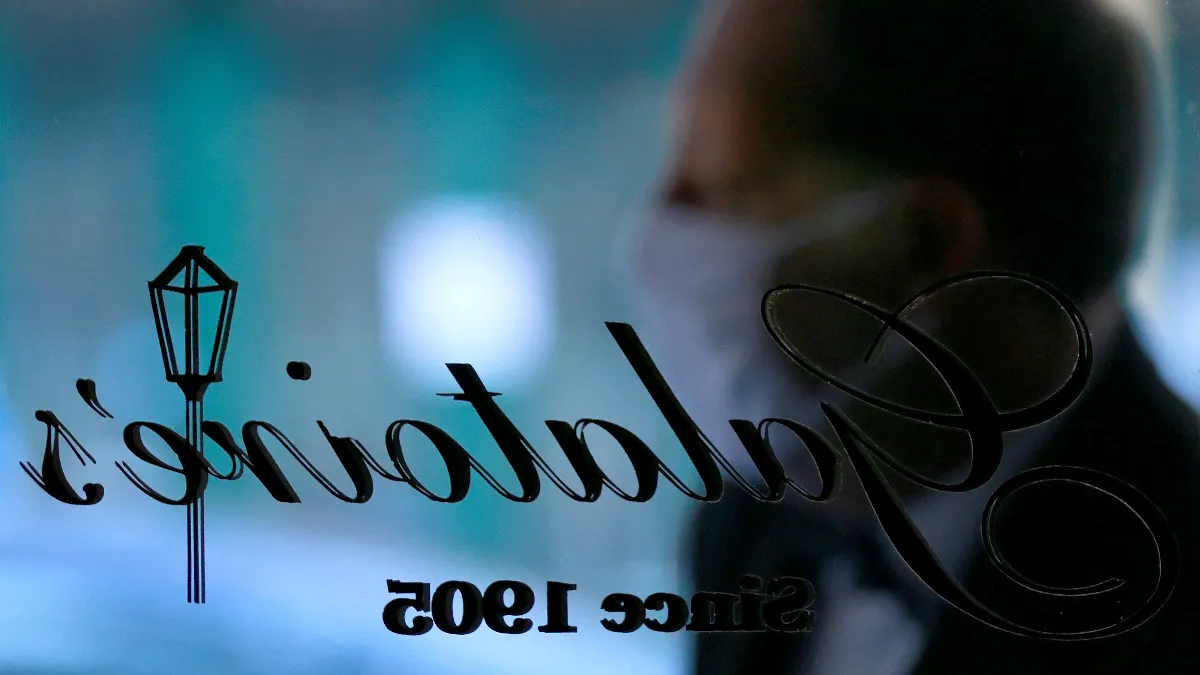Dive Brief:
- As of Monday, New Orleans requires anyone aged 12 and older to provide proof of at least one COVID-19 vaccine dose or a negative coronavirus test within 72 hours to access indoor dining, bars, breweries, distilleries and microdistilleries, according to a press release. The mandate also applies to indoor fitness, indoor entertainment and performance spaces and large outdoor events.
- Customers and employees can show proof of vaccination using the LA Wallet app; an original, digital photograph or photocopy of both sides of a vaccine card; or an official vaccine record issued by another state, country or the World Health Organization.
- San Francisco and New York City previously announced their own vaccine mandates. The Big Apple's restrictions also took effect Monday but won't be enforced until Sept. 13, while San Francisco's measure for patrons takes effect Aug. 20.
Dive Insight:
New Orleans becomes the first major city in the South to implement a vaccine mandate, which comes on the heels of a mask requirement that was reinstated July 30. This is in stark contrast to Texas, which has banned businesses from requiring proof of vaccinations and is now threatening to pull liquor licenses from restaurants who do so. Florida previously instituted bans on lockdowns, vaccine passports and mask mandates in schools.
As of Monday, Louisiana has the highest coronavirus cases per 100,000 residents over the last seven days and one of the lowest rates of fully vaccinated people (38%) in the country, according to a New York Times tracker. But vaccination rates in the state have been rising, especially among younger populations. New Orleans, on the other hand, has a much higher vaccination rate, with 53% of people fully vaccinated as of last week.
New Orleans can already provide a test case of how diners may respond to vaccine mandates for indoor dining. A handful of restaurants in the city have already been requesting proof of vaccination among their patrons for the past two weeks. While they have experienced criticism online, patrons are more accommodating in person and often respond positively, according to Nola.com. Despite having to turn away some diners, business has been steady, one restaurateur said.
One of the biggest lessons these restaurants have already learned is to make sure customers know the policy before they come inside. This can be achieved by listing requirements on a restaurant's website or on the door, which the National Restaurant Association also recommends. Platforms like Yelp and OpenTable have already created tags restaurants can add to their pages to inform patrons of their vaccine and mask policies.










